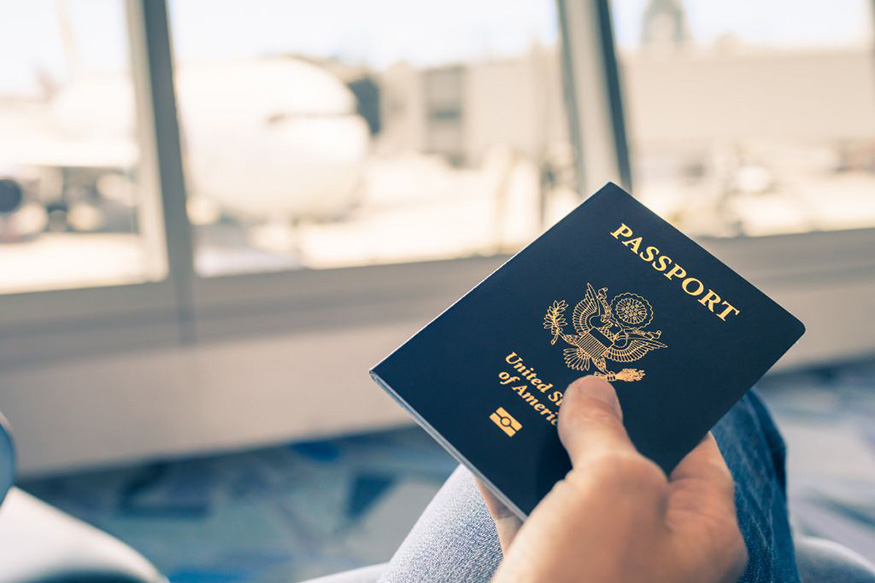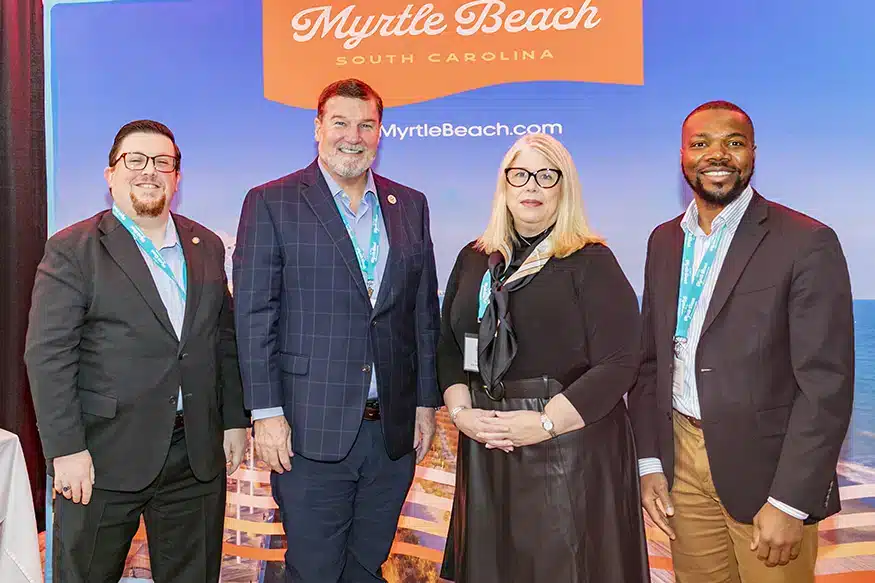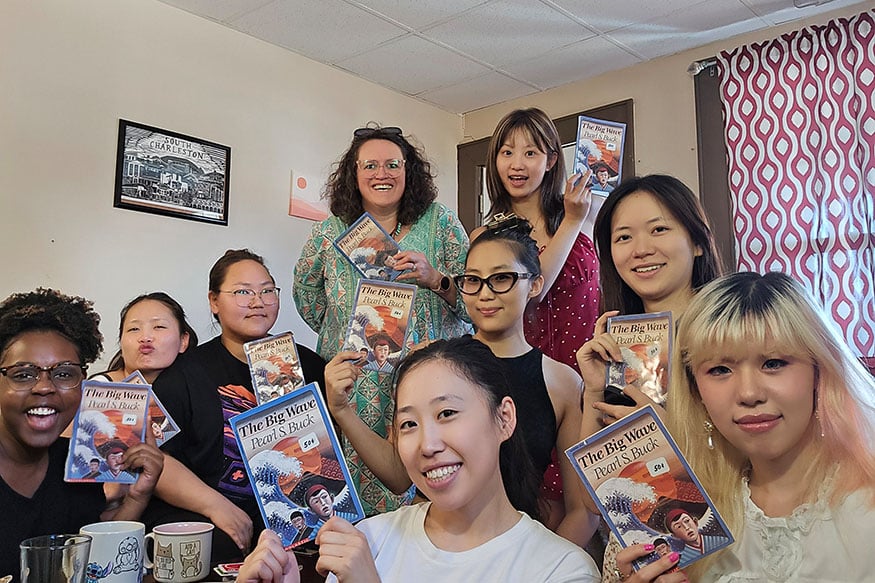
Image courtesy of Tanya Burovtseva
This week, the Alliance for International Exchange is hosting its annual Advocacy Day in Washington, D.C. Several InterExchange colleagues and I will head up to Capitol Hill with our fellow international education and exchange professionals. Our collective goal? To educate members of Congress about the value of international exchanges in their respective districts and states, and to the United States as a whole.
It’s a particularly important time – as a new U.S. Congress and Presidential administration get underway – to make our voices in support of international exchanges heard. Visiting the D.C. offices of members of Congress, as we will this week, is one way to convey our message. There are several other simple and tangible ways that American and non-American citizens alike can get involved with the political process to show their support for the J-1 Exchange Visitor Program (EVP) and other exchange programs. Below are some simple suggestions for getting active. If international exchange programs have made a difference in your life, I encourage you to make your voice heard!
For American Citizens
Call the local office of your member of Congress.
Congressional representatives want to know what you, their constituents, think and want. After all, it’s you that casts the votes. A new Congress has just gotten underway, so it’s an ideal time to let your members know what issues are important to you.
A phone call holds more weight than an email, and far outweighs a Facebook post or a tweet. Typically when you call your rep’s local office, you’ll be asked to give your name and address. You’ll then have the opportunity to tell the staffer what you’re calling about and why it’s important. Try to make your “ask” as clear and concise as possible, easy for the staffer to understand and note down. Staffers will typically enter constituent comments into a spreadsheet or other document. Reports of constituent comments are then regularly compiled and reported up the chain.
You may want to call your rep’s Washington, D.C. office to deliver your message as well – but if you can only do one, call the local office in your community. Forging a relationship with the staff members at your local Congressional office is the best way to make your voice heard clearly and directly.
Find the contact information for your member of Congress.
Enter your zip code, then click on your member’s name. You can find local office locations and phone numbers on their individual websites.
Deliver a personal message, one that illustrates the impact of exchanges on you, your local community, and the U.S.
Whether you went on an exchange program yourself, and/or you’re a host family, business, or organization, voice your support of exchanges to your member’s local office. Tell them you’re reaching out because you want your Congressman/woman to support the State Department’s J-1 Exchange Visitor Program and other international exchange programs. Tell them how you’re connected to these programs and why they matter to you. Consider adding some of the following points on the impact of exchange to your comments:
1. Exchange programs support U.S. national security and diplomatic interests.
Exchanges introduce everyday Americans to thousands of international students and young professionals each year. These exchanges create a foundation for positive relationships with the U.S., equipping these future leaders from around the world with favorable impressions of the U.S. and improved English skills. These relationships also broaden American understanding of the world and allow us to compete in the international arena.
2. Exchange programs strengthen the American economy.
Exchange programs support the needs of American working families, support the success of American small businesses during their peak seasonal need, and support American businesses working to build international expertise.
3. Exchange programs support the career success of young Americans.
Exchange programs provide opportunities for American students and young professionals to have meaningful experiences abroad that will improve their ability to compete internationally. Through work alongside international colleagues in the U.S., young Americans gain the international and intercultural skills necessary to succeed in the globally-connected economy, while sharing American culture, values, and business acumen.
4. Exchange programs create lasting personal and professional ties.
The bedrock of U.S. business and political success rests on personal relationships and mutual trust. These invaluable assets are equally important in international business and politics. Exchange programs expand worldviews, spur personal growth, and build relationships of trust between Americans and future international leaders.
Whatever message you decide to deliver, make it personal and compelling. The more information you have about the impact and importance of exchanges to your local community, the better. Congressional offices love local stories and statistics.
For Non-American Citizens
Take this opportunity to reconnect with your U.S. host family, business, or organization, and with your American friends. Encourage them to share their stories with their Congressional representatives (even forward them the above steps).
For Everyone
Post your exchange experiences, messages of support, and photos to social media. Use relevant hashtags (like the Department of State’s #routej1), and tag the members of Congress where you live or had your exchange program experience by using his/her @Twitter handle.
And follow InterExchange and the Alliance for International Exchange on social media. This is the best way to stay informed about ways to take further action to take in support of the J-1 Exchange Visitor Program and other international exchange programs.




